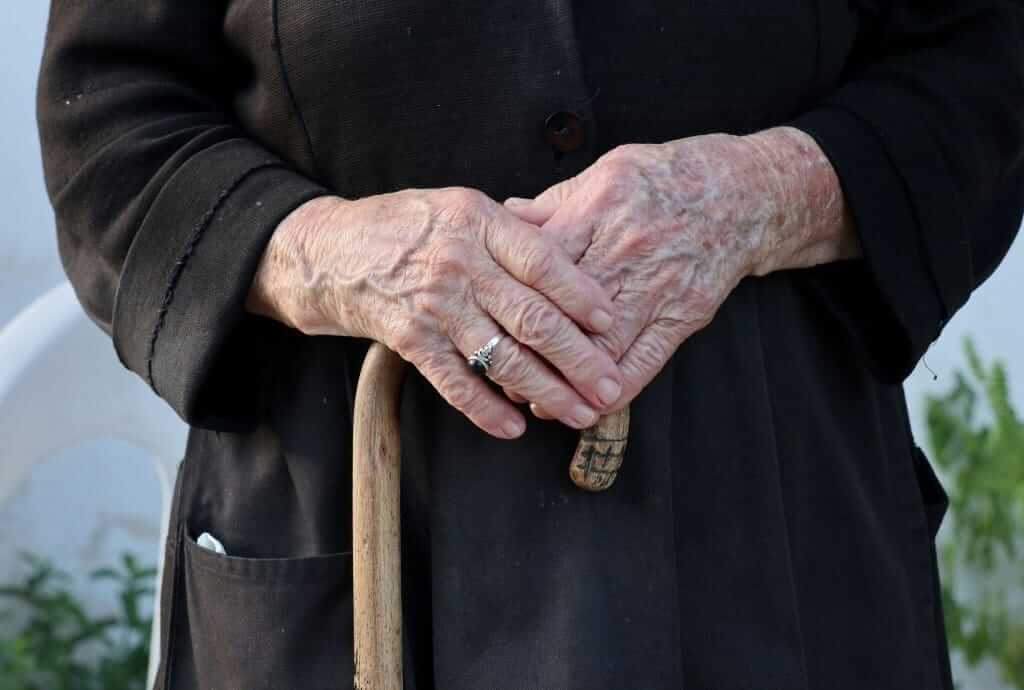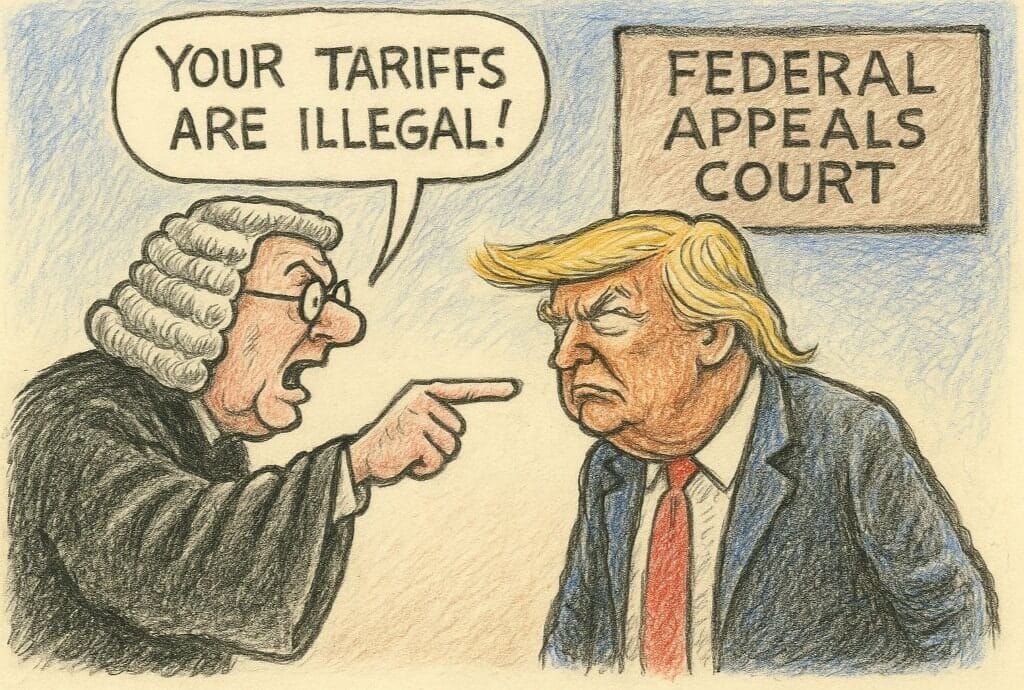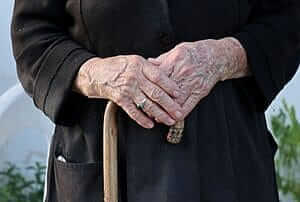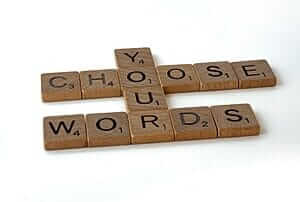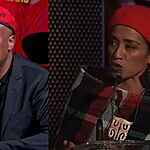In brief
- The Media Council says Tusiata Avia’s poem celebrating the killing of James Cook and “white men like him” is not racist.
- As long as work is perceived to be “punching up at a more powerful race and gender”, the Media Council says its not hate.
- Are Kiwis going to lose faith in groups that are as partisan as the Media Council?
“Punching up”
Tusiata Avia’s poem “The 250th anniversary of James Cook’s arrival in New Zealand” in her book The Savage Coloniser was the subject of 11 complaints to the NZ Media Council. It was published by Stuff and the Sunday Star Times in February 2023.
The complaints were essentially that the poem is racist and inciting racial violence against white men in particular. The Media Council, however, disagrees. The regulatory body, dedicated to dealing with complaints regarding media content, released its eight page ruling in April 2023. It concludes the following:
The poem arguably uses dark humour, but it is not laughing at the powerless or another’s misery. Neither, given the personification of Cook, is it describing a real life situation. It is punching up at a more powerful race and gender, not down.
So racial prejudice is alright by this reasoning as long as it is subjectively perceived to be “punching up at a more powerful race and gender, not down.”
Many free speech advocates have no issue with the poem’s publication in and of itself, but say let’s call a spade a spade.
As an aside, denying the poem is hateful justifies tens of thousands of taxpayer dollars spent on its production and promotion.
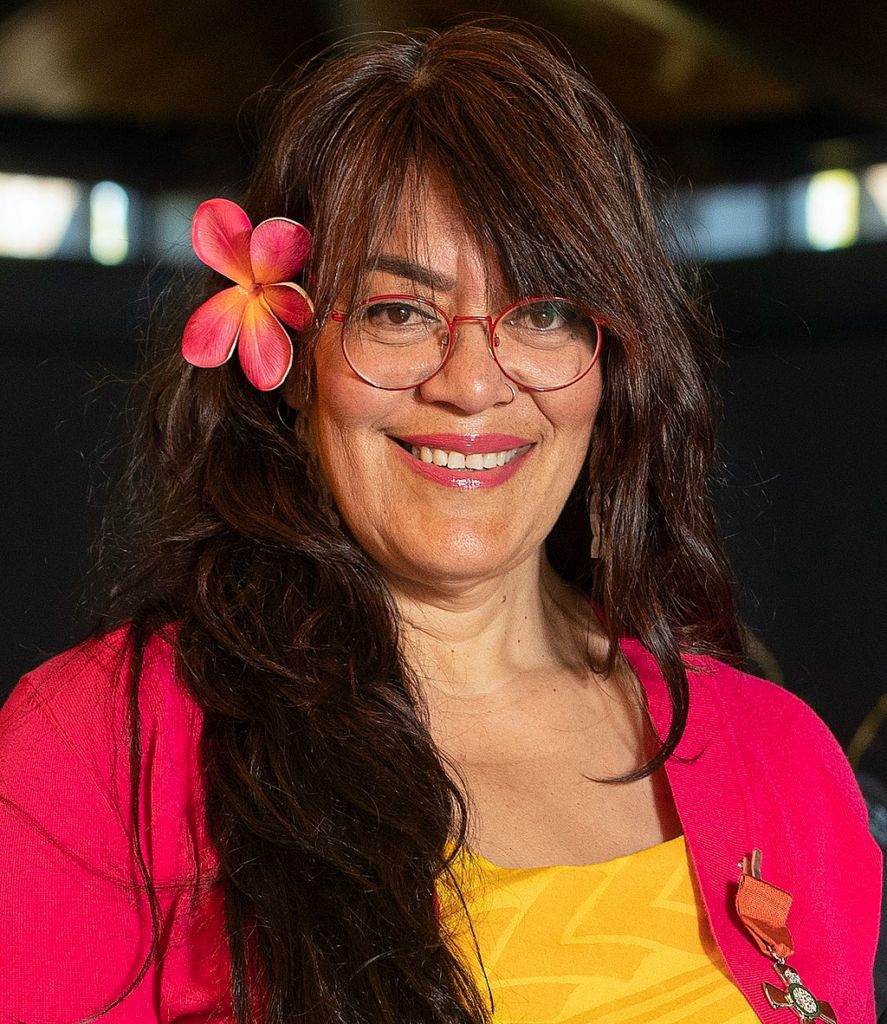
The definition of racism has changed
The definition is defined differently, depending on the source. However, it is, or at least has been, generally to the effect racism is a damaging belief that some races are superior or inferior to others. This then spills over to how the groups or individuals within that group are affected by the stereotypes. It does not say there can be no prejudice against so called more powerful groups.
But there are groups working to try to change the definition, seemingly to fit their sympathies and maybe even communications strategies. As an example, “The Atlantic” discusses some proposed changes, but they are just one opinion and not the source of truth. In any event, many on the left feel the dictionary meaning is antiquated. The Media Council is not only on trend but overboard with its one-sided reframing of what constitutes “racism”.
Further, the Media Council’s approach means you have to rate all groups against each other. How productive is that, not to mention subjective and divisive? And are groups that are tied with each other then immune from being racist(against each other)?
What it really means
ACT released a press release on the ruling that summed it up this way:
To translate, if you’re Pakeha, you’re fair game for what would be racism if the targets were Māori or Pasifika.
According to party leader David Seymour “The organisation that deals with complaints about media content says people don’t deserve protection from racism, ironically because of their race. It concluded that it’s not possible for white people to be victims of racism, seemingly unaware the conclusion itself is racist”.
Will Kiwis tolerate a media (and a Government) that buys into hatred directed against the majority of the nation’s inhabitants? How would a poem disparaging superior Asian males’ health outcomes or Māori males’ predominance in professional rugby be received?
Do people really believe that only white people can be racist?
Wouldn’t it be better for the media and Government to promote equality and unity?

